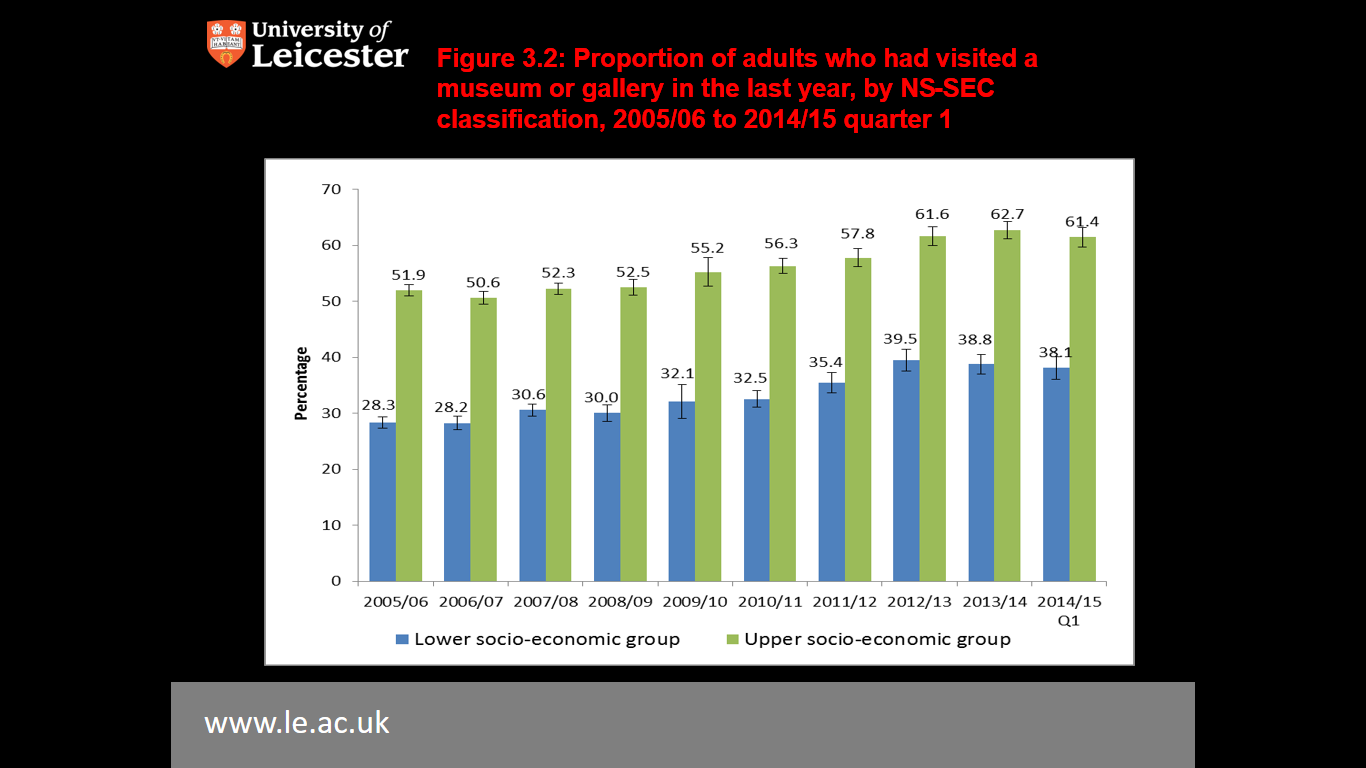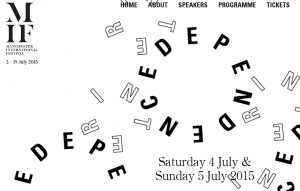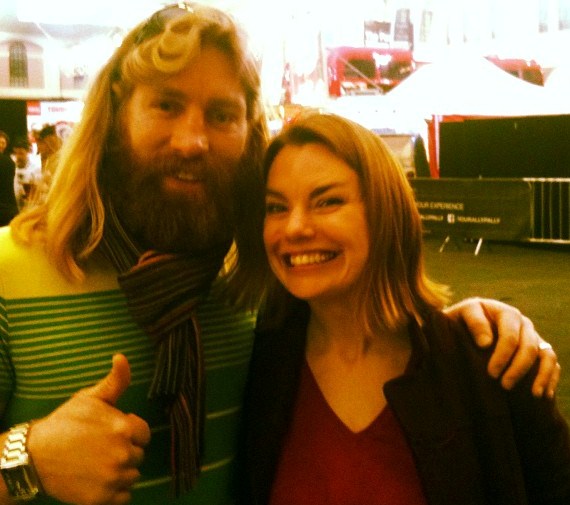Sarah Hughes shares insights from her UEP PhD research in her post, Understanding cultural participation and value in former coalmining communities in and around Barnsley
One of the aims of the Understanding Everyday Participation (UEP) project is to strive towards a more democratic understanding of participation. We are exploring ways in which decisions about cultural investment are made, and how they relate to particular forms and contexts for governance, nationally and in relation to different local cultural eco-systems in England and Scotland.






